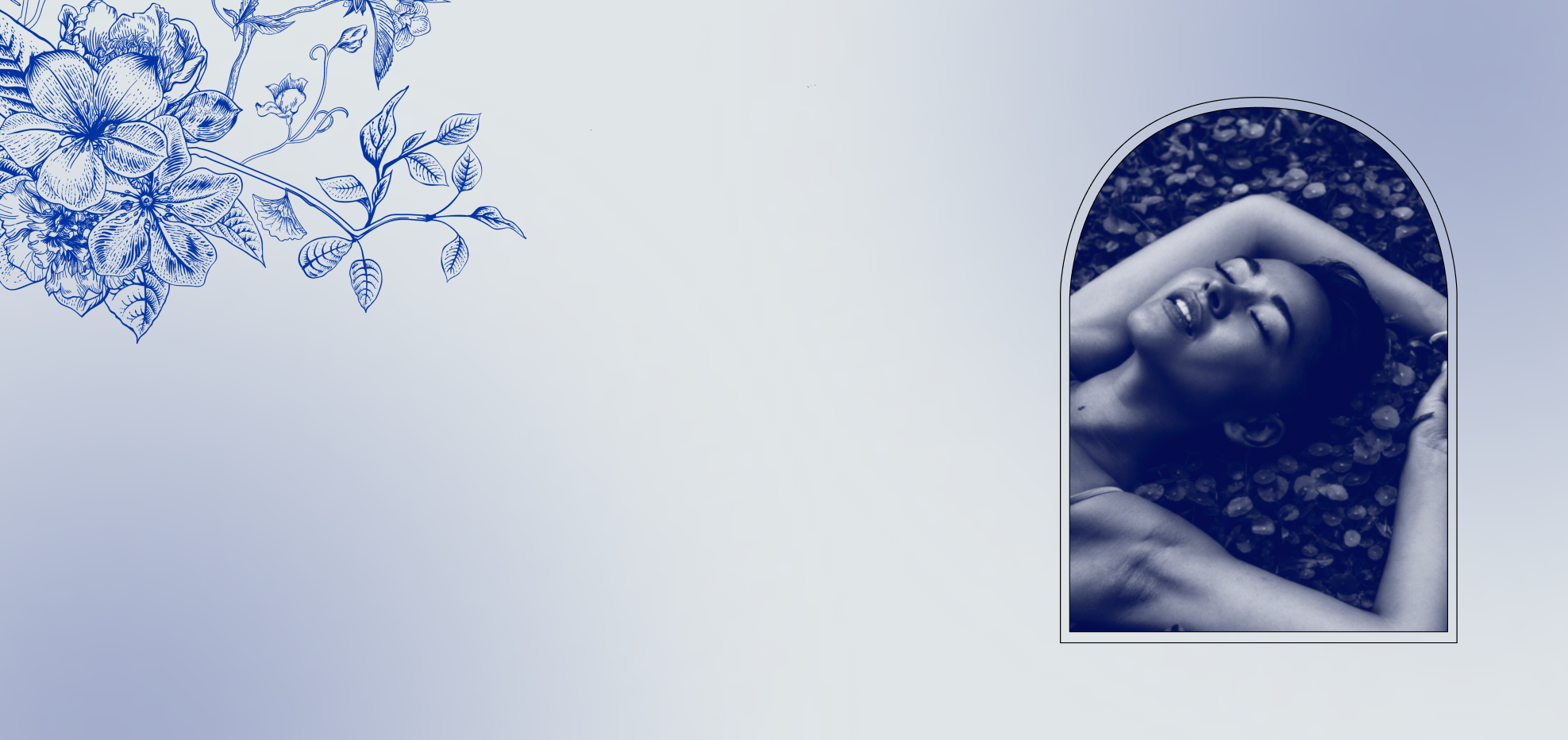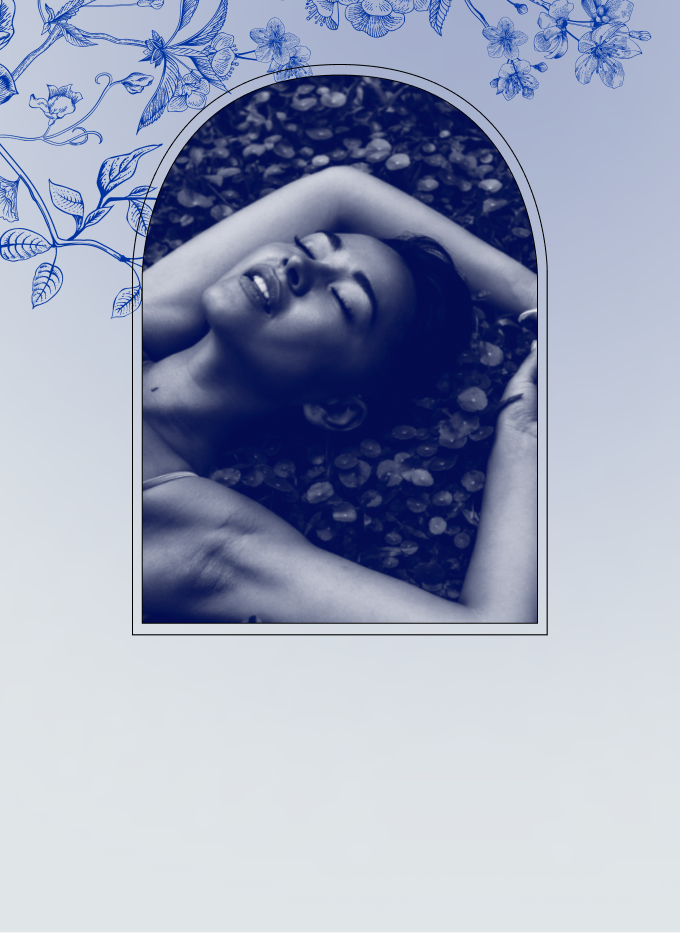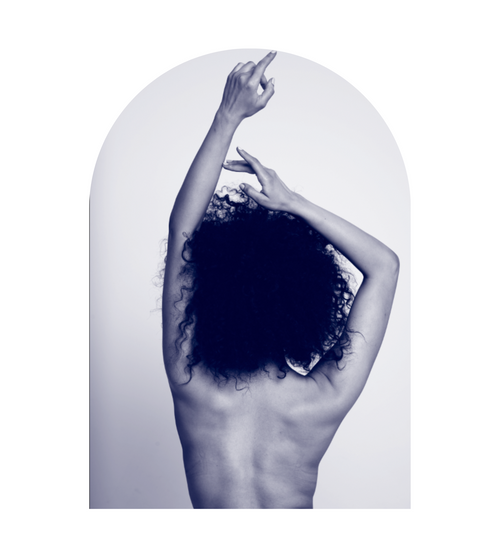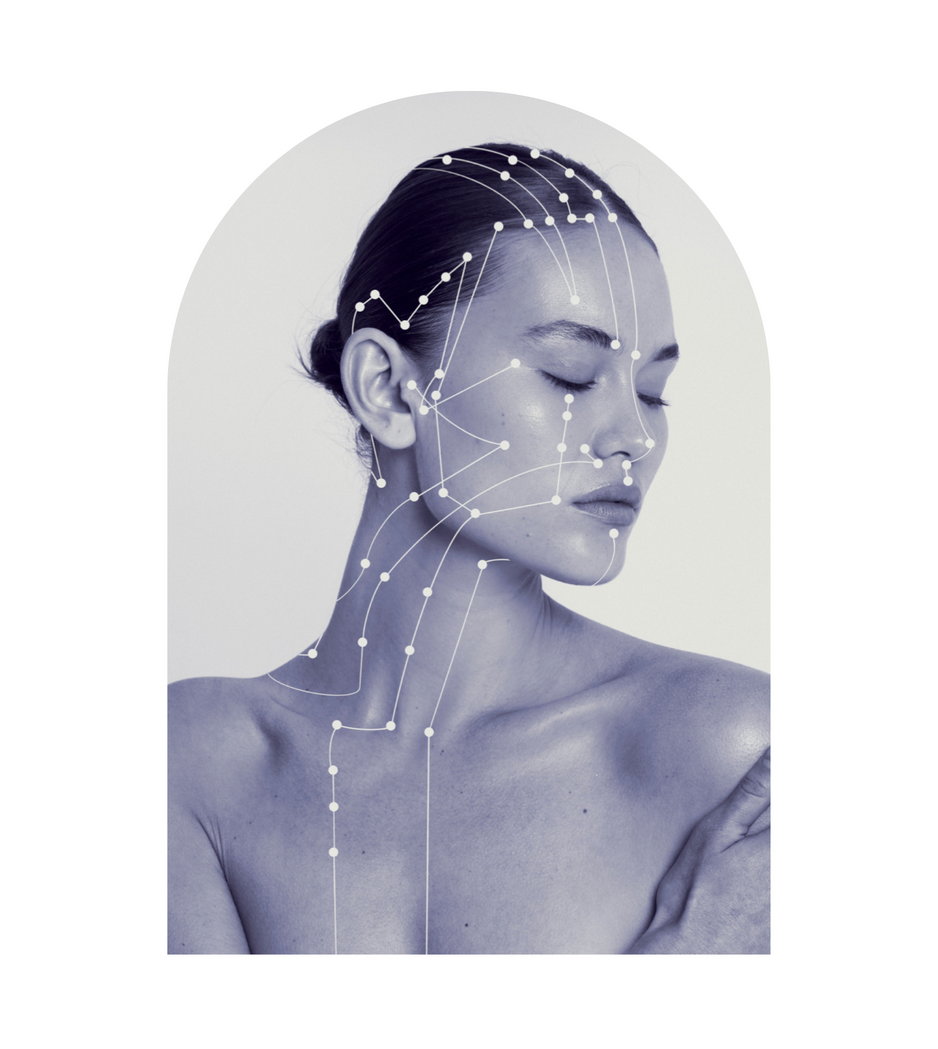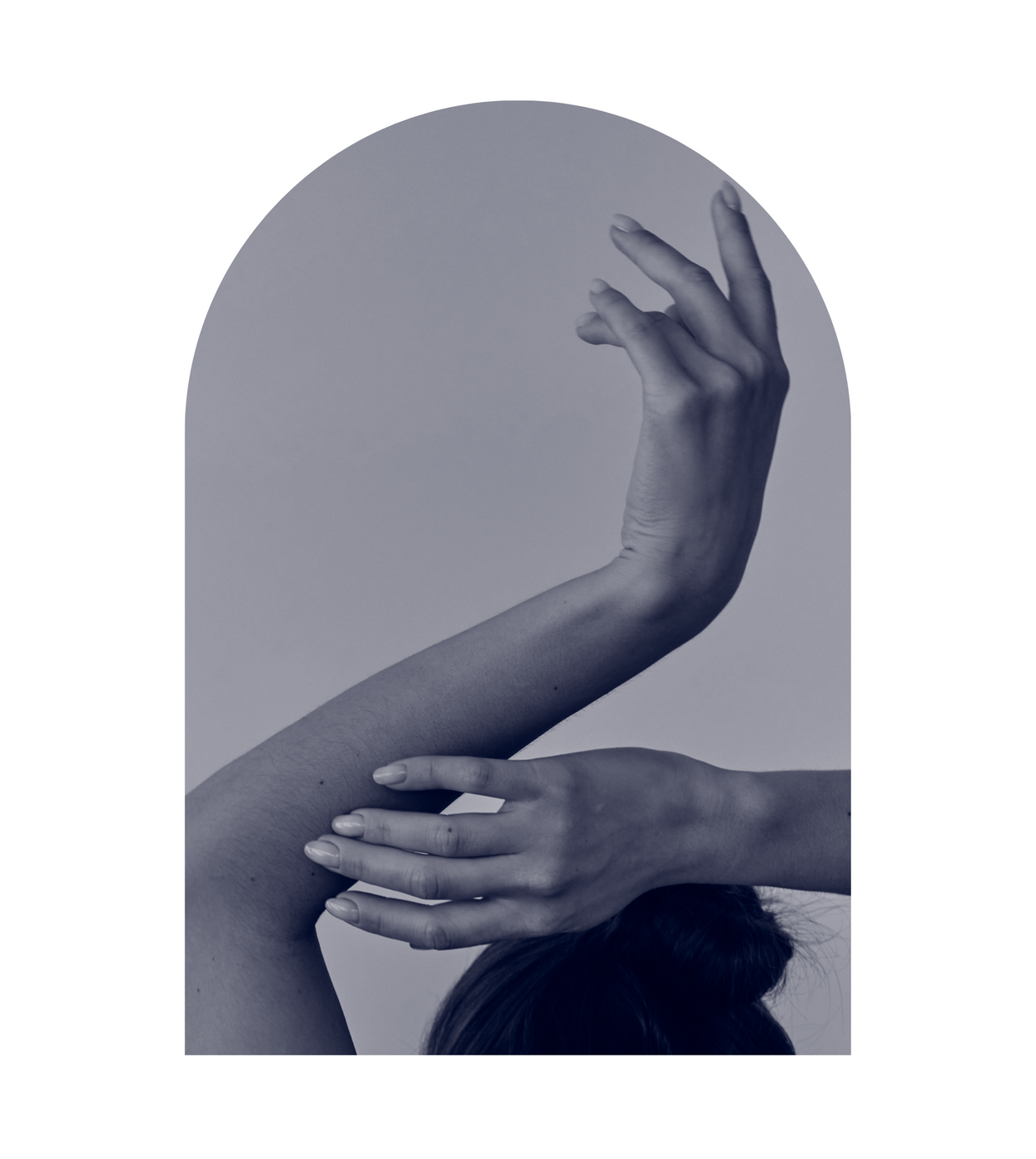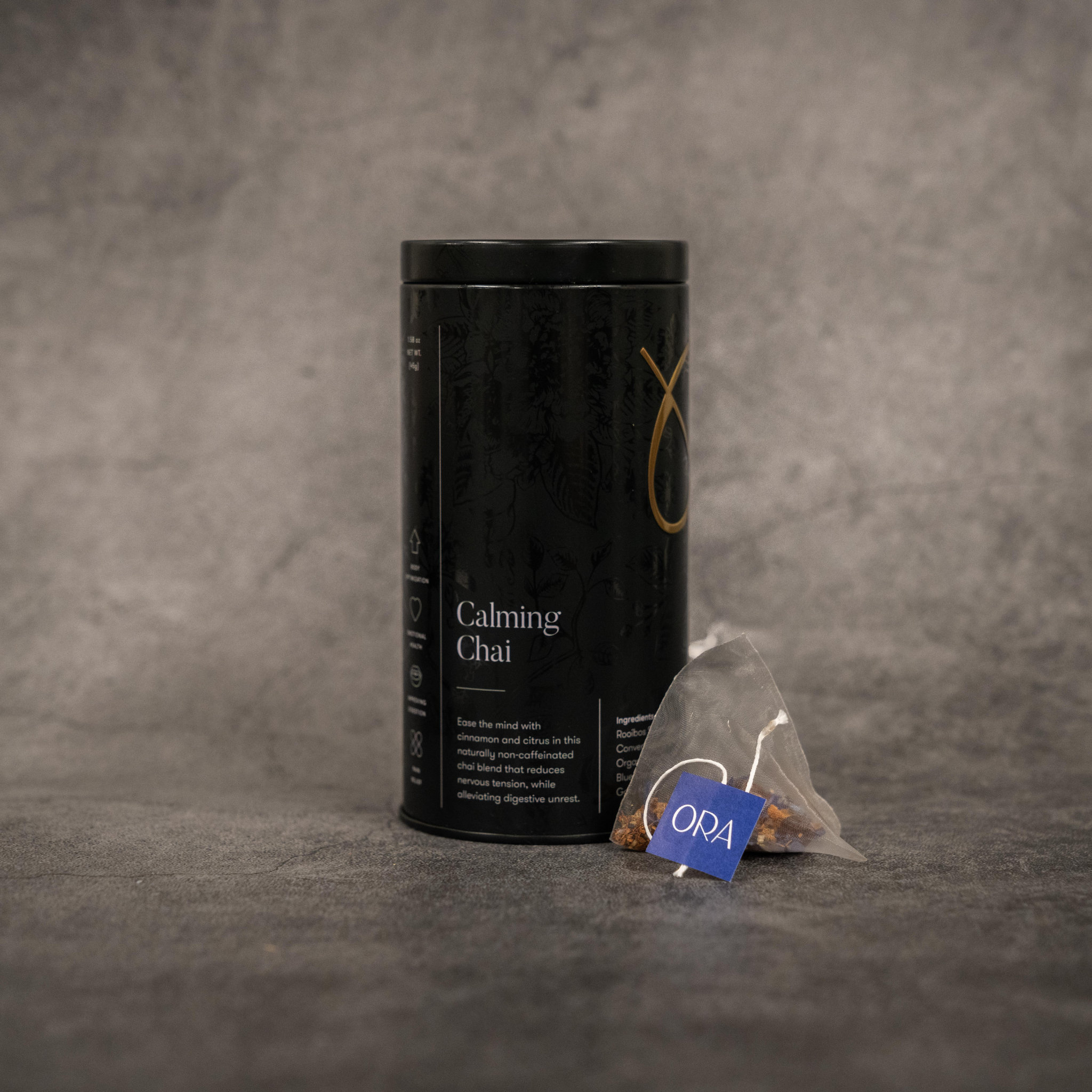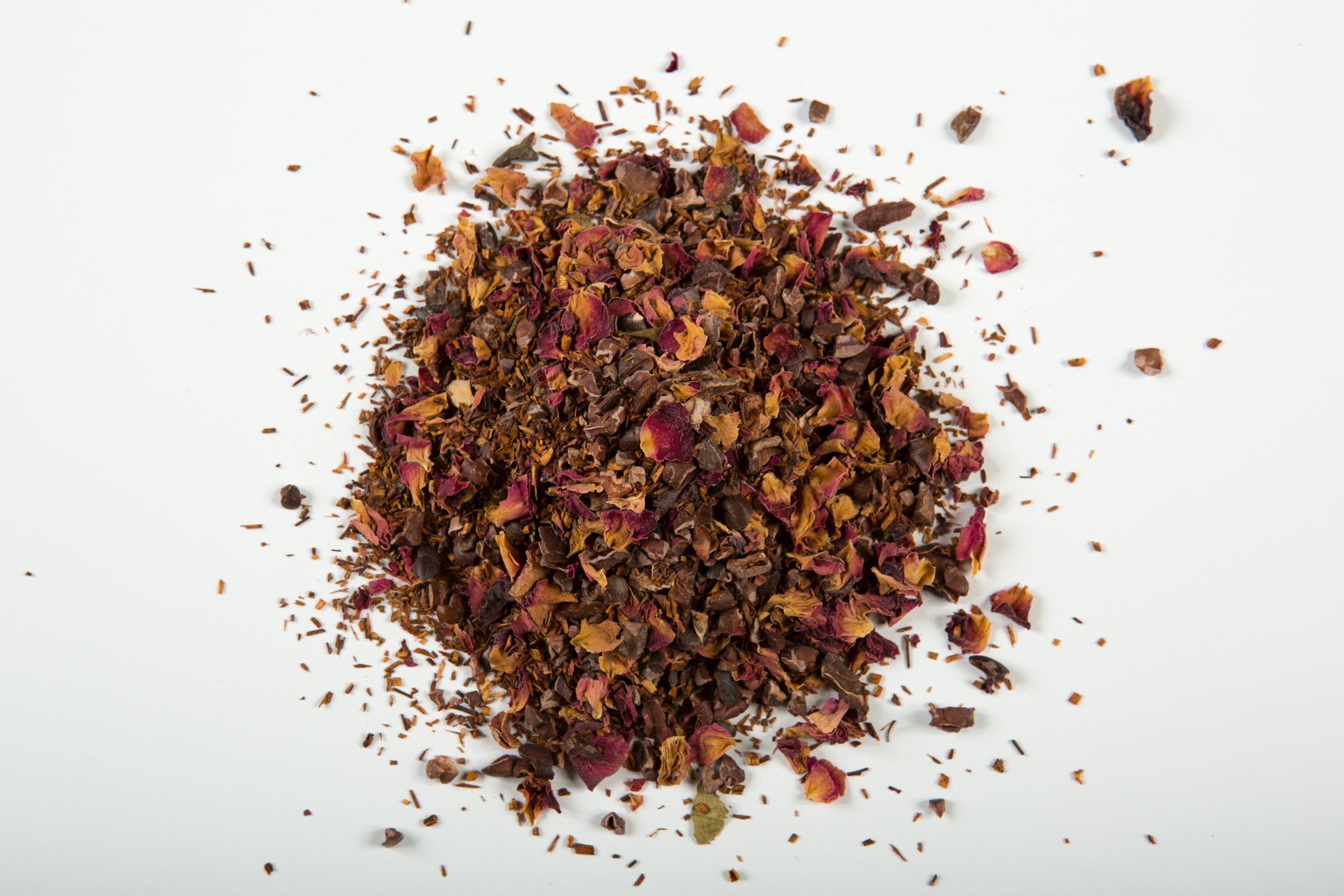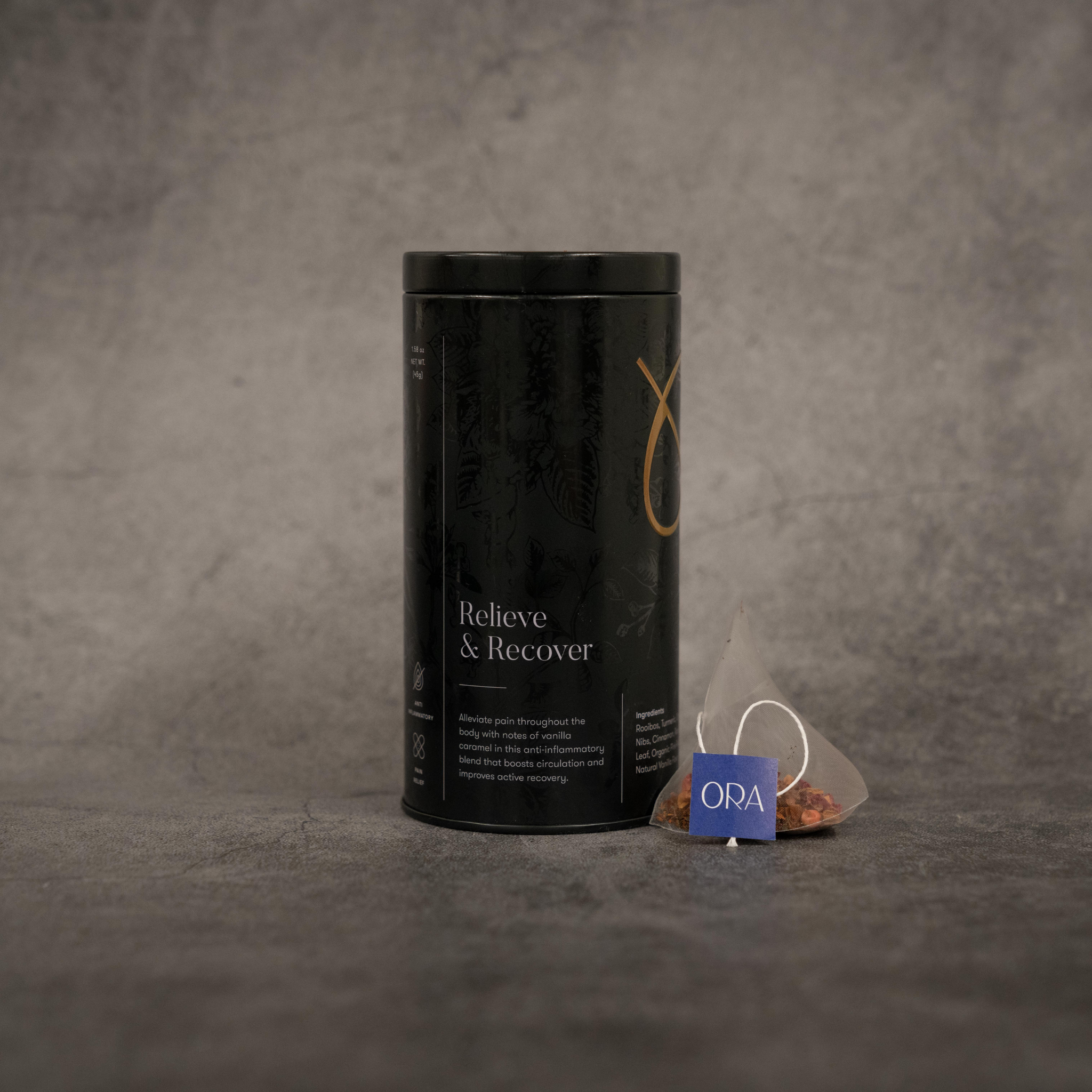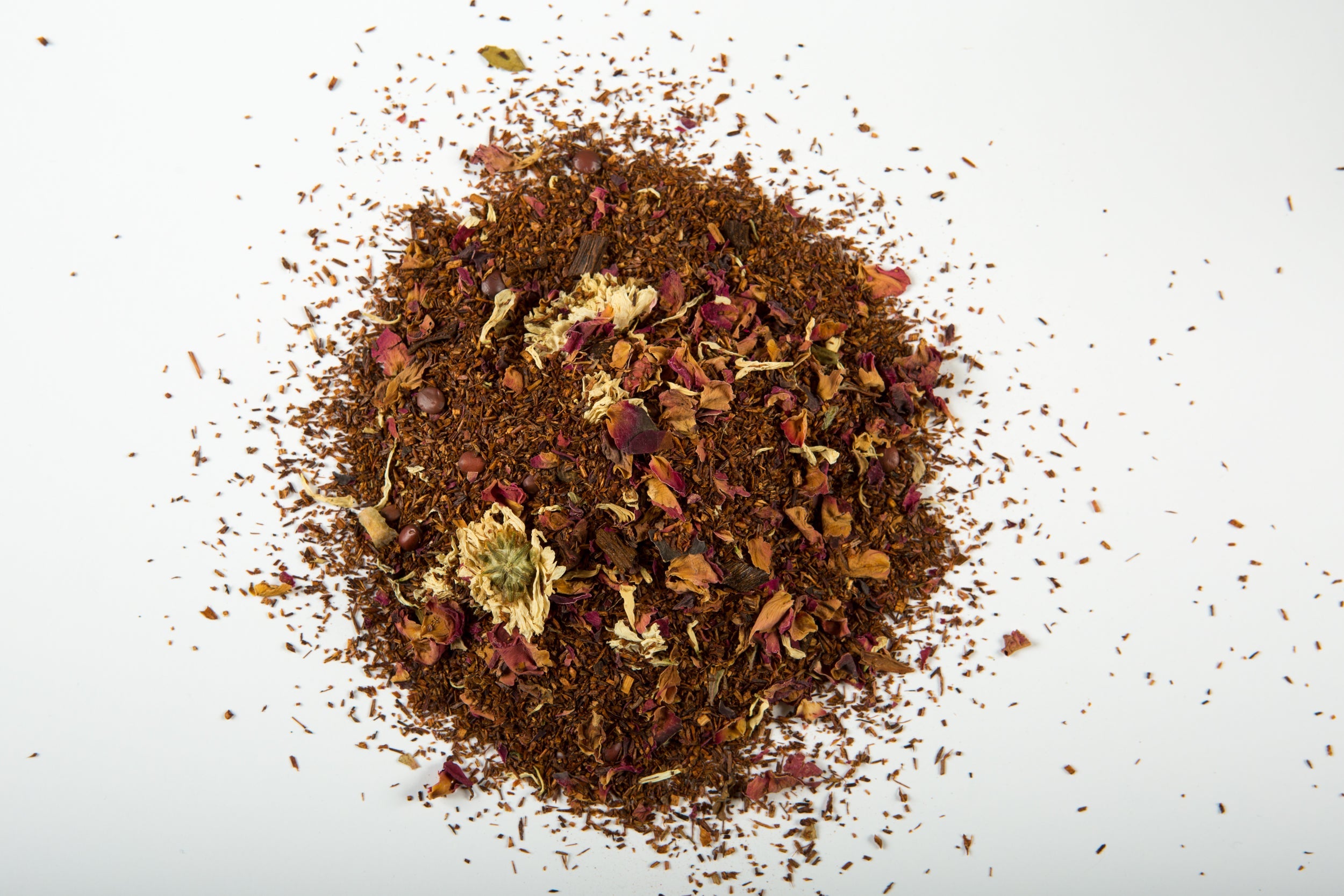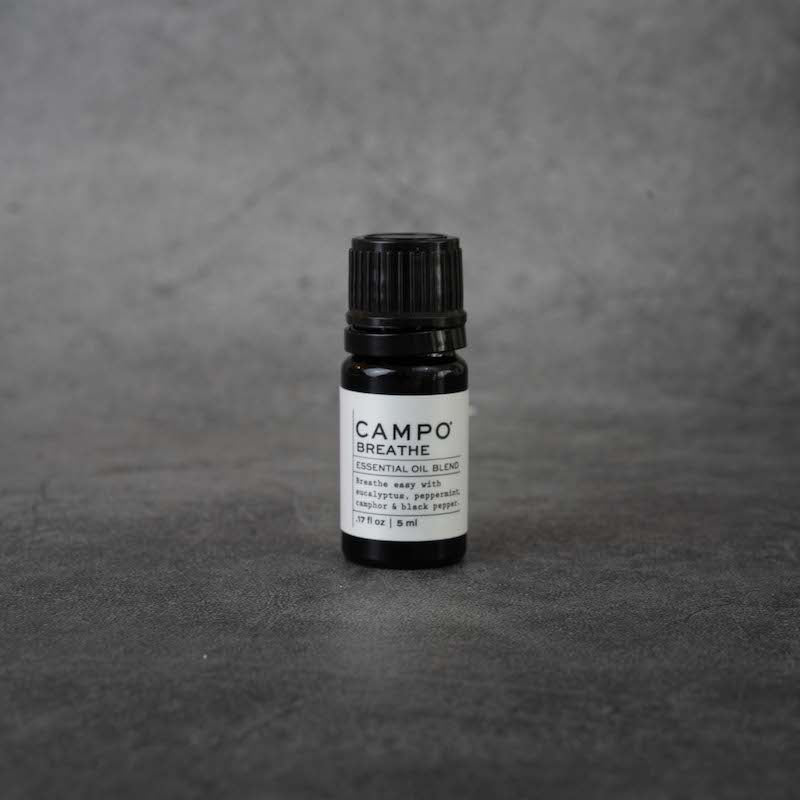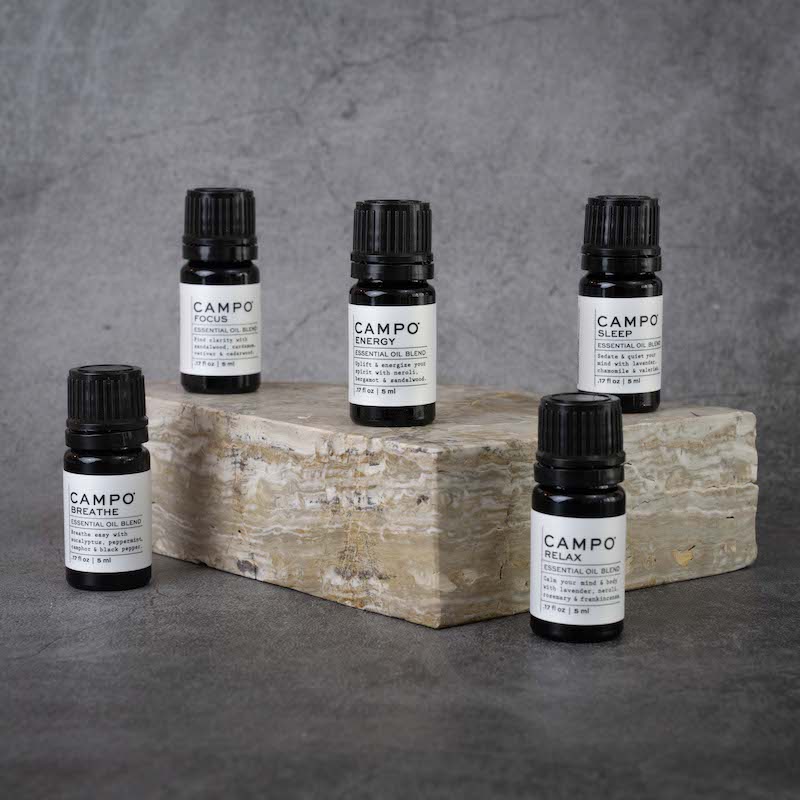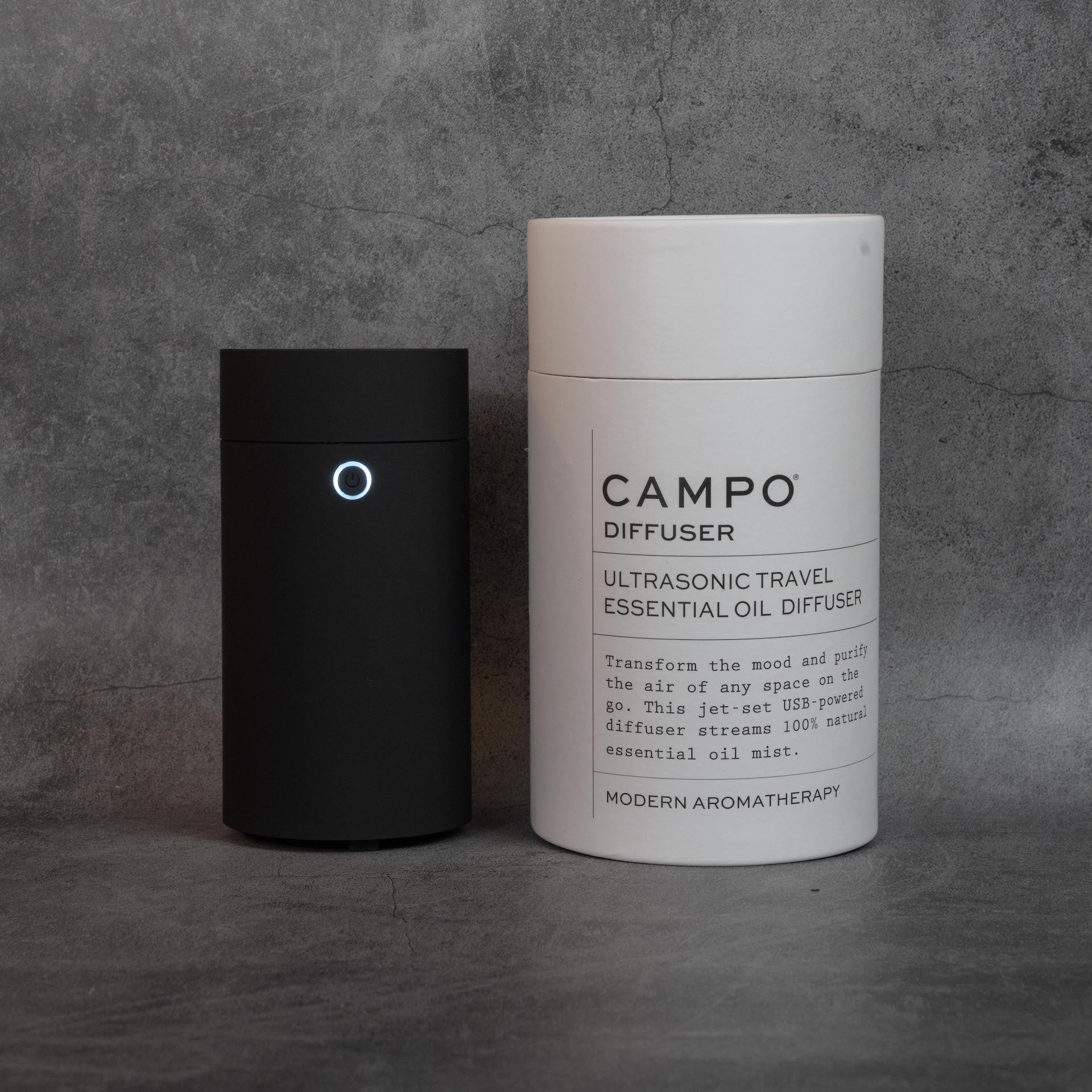Maybe it’s dust; maybe it’s pollen; maybe it’s your friend’s cat. We all have something that causes our noses to go runny, our eyes to water, or our heads to pound. When it comes to allergies, there’s a ton of causes, and a ton of treatments – and we’re here to help you navigate it all.
Some people are not affected by seasonal allergies, while others feel symptoms as soon as the weather starts to warm. That’s because some people are born with – or develop – overly sensitive reactions from their immune systems, which cause the severe allergy reactions. When experiencing these reactions, inflammatory substances are released in the body – causing symptoms such as congestion, watery eyes, and even facial and throat swelling. Most seasonal allergies occur in the spring, due to the awakening of pollen-producing trees and plants. But even though you’re probably most familiar with spring allergies, other seasons can also bring on troublesome symptoms. And other causes of allergies, such as dust and mold, can of course be a year-round problem.
When you think of allergies, your first thought might not be acupuncture. But acupuncture can be a great option for allergy treatment, not only treating the symptom itself but the actual root cause of problems. For seasonal allergies, not only do we look to eliminate symptoms such as nasal congestion and headaches, but we focus on strengthening, and permanently calming the hyperarousal of, the immune system. The goal of Chinese medicine is to strengthen your lung, kidney and spleen energy to their optimal levels. The kidneys are the source of the body’s root energy. They provide us with our overall energy, libido, growth of nails and hair and our “Jing” or essence. When your kidneys are weak due to illness, not taking proper care of yourself (poor diet, lack of sleep, stress) your overall strength is depleted which in turn affects your entire body.
When harnessing acupuncture to treat allergies, we use acupuncture points to bring about immediate relief. We determine an individualized system of treatment based on a person’s symptoms, focusing on yin/yang balance, or excessive or deficient qi or blood. We carefully choose acupuncture points and Chinese herbs in order to best restore balance. For nasal congestion, we focus on local points at the sides of the nose; for sinus congestion, we focus on points at the frontal and maxillary sinus areas. For both, we look at distal points in the hands, legs, and head. Don’t wait until the first signs of spring to appear – at ORA, we recommend starting acupuncture for allergies at least a month before the allergens begin to emerge.
In addition to acupuncture, there are other things you can do to alleviate allergy effects. As seasonal allergies affect the upper respiratory system, we suggest keeping the nasal passages clear and moist with regular rinsing – you can use a neti pot, or a similar device. It’s also a good idea to keep to a diet with less sugar and fats – sadly, while delicious, these can feed pathogens and increase phlegm. Finally, we recommend using a humidifier – the moist air is extremely helpful in soothing symptoms.
Of course, the best treatment is prevention. Acupuncture, and herbs, can be used preventatively to bolster the body’s defense against pathogens, and balance the forces that control the body’s immune response. There are also plenty of routine things you can do, such as maintaining a healthy diet, hydrating yourself, exercising regularly, and managing stress, that can also prevent allergy flare-ups.
Some of you are probably instinctively used to grabbing an OTC medicine as soon as symptoms start. There is no negative interaction between the use of TCM and antihistamines. That said, it is always best to keep the body clean of chemicals; doing so will allow for more effective treatment, and enable us to better discern the effects of TCM treatment as opposed to the results from antihistamine usage.
The next time you feel the onset of watery, itchy eyes, or a sneezy and runny nose, consider acupuncture – and enjoy the spring air with no fear. (We can’t promise you’ll suddenly become a cat person, though.)
From TCM perspective
Acupuncture Response: Some people are born with or develop overly sensitive reactions from their immune system causing symptoms commonly associated with seasonal allergies. When this happens, inflammatory substances are released in the body which cause congestion, runny nose, itchy, watery eyes, and in extreme cases facial and throat swelling.
Acupuncture Response: Seasonal allergies are termed as such due to the different pathogens(pollens) in the air occurring at different times of the year. It is also possible to confuse seasonal allergies with dust, dander and mold, the difference being that those occur despite the time of year. Most common seasonal allergic reactions occur in Spring due to the awakening of pollen-producing trees and plants, but other seasons can be equally problematic.
Acupuncture Response: Acupuncture and herbs are used to treat both symptoms and causes of problems. In the case of seasonal allergies, they can help reduce sinus and nasal congestion, watery, itchy eyes, headaches, and such. They are also used with focus on both strengthening the immune system and trying to permanently calm hyperarousal of the immune system.
Acupuncture Response: When focusing on symptoms, acupuncture points are used both locally and distally to bring immediate relief. Focus on the immune system is based on each person’s unique health presentation ie; yin/yang balance, excessive or deficient Qi or blood, etc. In this case points and herbs are carefully chosen to restore whatever is out of balance, allowing the immune responses to return to a more normal state.
Acupuncture points:
For nasal congestion: Local points at the sides of the nose (LI20, Bitong)
For sinus congestion: Local points at frontal and maxillary sinus areas
(GB14, UB2, ST2)
Distal points for both used in hands, legs, and head (LI4, PC6, LU7, ST40,
SP9, GV head points, GB head points)
Acupuncture Response: Acupuncture and herbs can be used as preventive care to help the body’s defense against pathogens and balance those forces that control immune response. Maintaining good health with diet and exercise, hydration, managing stress, and creating as much balance in the body as possible.
Acupuncture Response: There is no negative interaction between the use of TCM modalities and antihistamines, however, it is always better to keep the body clean from chemicals as much as possible. Doing so will allow for more effective treatment and bring clearer awareness to the effects of TCM treatment.
We recommend at ORA to start Acupuncture for allergy issues at least a month before the allergens kick into high gear. Strengthening ones immune system through acupuncture and herbs will decrease the severity and length of the allergy season
Acupuncture Response: Since seasonal allergies involve the upper respiratory system, it is good to keep the nasal passages clean and moist with regular rinsing using a neti pot or similar device. As well, a diet less in sugar and fats can't hurt as those things serve to feed pathogens and increase phlegm. Cool, moist air from a humidifier is very helpful and using essential oils is strongly recommended.

